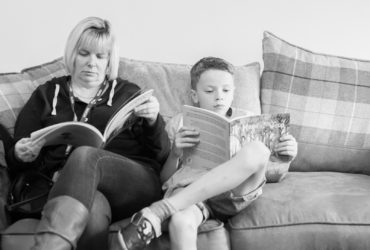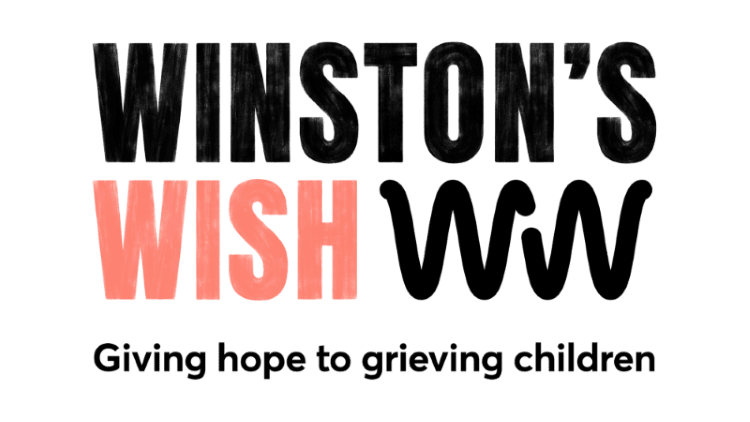When someone in your life dies, feelings of grief can be overwhelming. These feelings may be even more difficult to handle if the death is sudden, traumatic or violent. There are many types of sudden death – it could be through an illness, an accident, murder, manslaughter or suicide.
How might children feel after a sudden death?
While some of the feelings associated with a sudden bereavement may be similar, everyone is unique and may feel different emotions to another family member. The way the person died may also play a part in the way someone feels and behaves.
After someone dies suddenly, children and young people can feel out of control. They may blame themselves or someone else for the death, they may feel angry or they may feel guilty – “if I had stopped him from going out then he wouldn’t have been in the accident”.
Children and young people may also experience symptoms of trauma after the sudden death of a loved one. These could include nightmares, flashbacks, trouble sleeping, stomach aches and headaches.
Give them honest and factual information
It is natural to worry that talking about a sudden death can trigger emotions or make people feel worse. However, we have learnt that ‘not talking about’ something as important as a loved one dying is more like to increase anxiety and confusion.
Giving children the facts so they can understand what has happened is important. In the absence of information children may make up, or overhear, inaccurate stories about what has happened and this can often be more frightening than the truth.
Just as adults may feel the need to have information about what happened; when, where and why, so can young people and that is why it is important to listen to what a young person is asking and answer as openly and honestly as you feel able to.
It can be hard to know what to say or to do, but just being there and available to listen can be enough. Children may have lots of questions which you can’t answer, but it can still be helpful for the child to ask them anyway.
“My friends didn’t know what to say to me straight after my brother died, but that was ok. I still wanted to go to school and see them and do some normal things like play football. Now it is a year after my brother died and I like it now when his friends come and talk to me and tell me funny things about him.” ~ David, 12
Help them to say goodbye
When someone dies suddenly there is no chance to say goodbye. Attending the funeral, memorial service or other ritual can help children to begin to say goodbye to their loved one and begin to understand and accept what has happened.
“When my dad died suddenly last year, I was in complete shock. I didn’t want to believe it was actually true. I found it helpful to be involved in planning dad’s funeral as it gave me a chance to say goodbye, as I felt that this had been ripped away from me.” ~ Julie, 16
Some children won’t want to attend a funeral, or it may not be appropriate or possible for them to attend, but there are other positive ways they could be involved and say goodbye:
- They could choose a piece of music, select a poem or suggest flowers
- Children could write and/or draw cards to be placed on or in the coffin or choose a toy or something meaningful to be placed with the person’s body
- They could write a tribute to the person who died which could be read at the service
If a child or young person couldn’t or didn’t want to attend the funeral there are other ways you could help them to say goodbye:
- Visit the grave or a place with special memories
- Hold a small ceremony with specially chosen music, poems and tributes
- Prepare something to leave in your special place – flowers, a poem, a toy
- Light a candle and share special memories with each other
- Start a collection of memories from family and friends of the person who has died
Where to get support
If you need advice on supporting a child or young person after a sudden death, you can call our Freephone Helpline on 08088 020 021 (9.00am-5.00pm, Monday-Friday), email us on ask@winstonswish.org or use our online chat.
Our Winston’s Wish Crisis Messenger is available 24/7 for urgent support in a crisis. Text WW to 85258.
Other resources you might find helpful

Publications and resources
Our specialist books include ones on supporting children and young people after a death through suicide, homicide and in the military.

Activities for bereaved children
Download our activities to help grieving children and young people to explore and express their feelings and emotions and to help them maintain memories of the person who has died.


